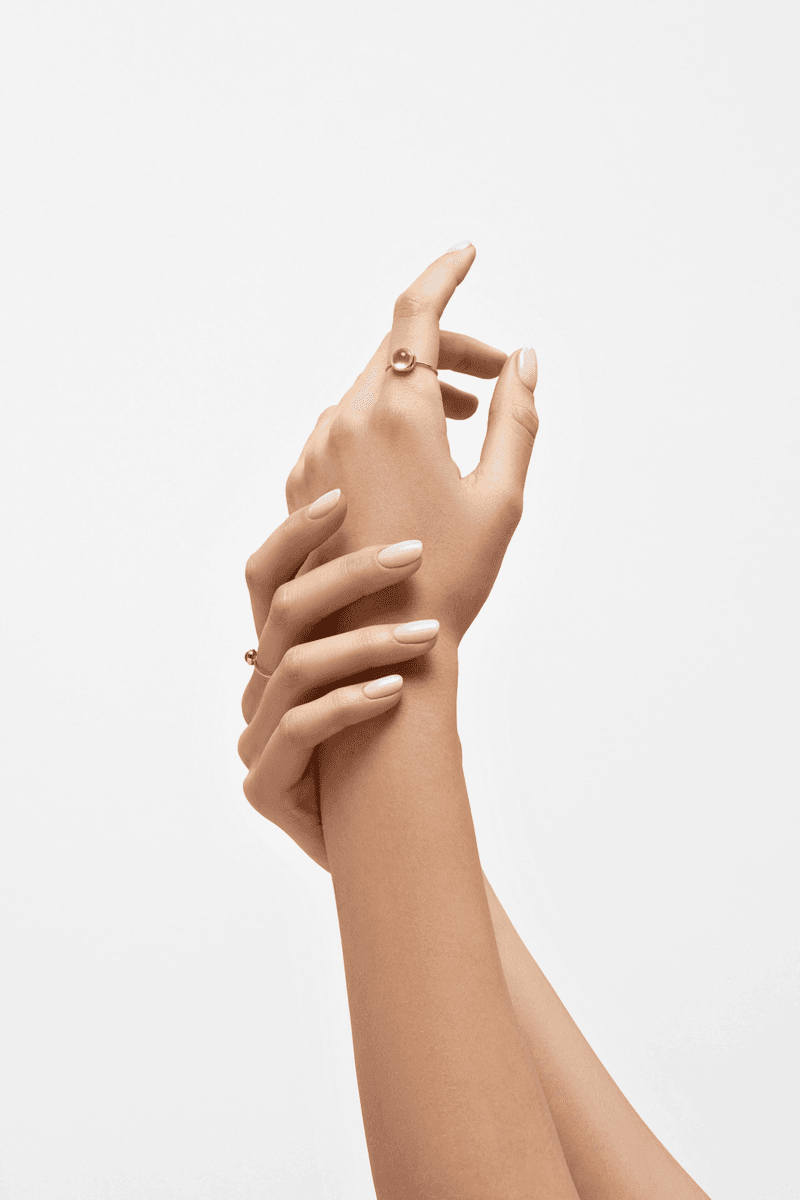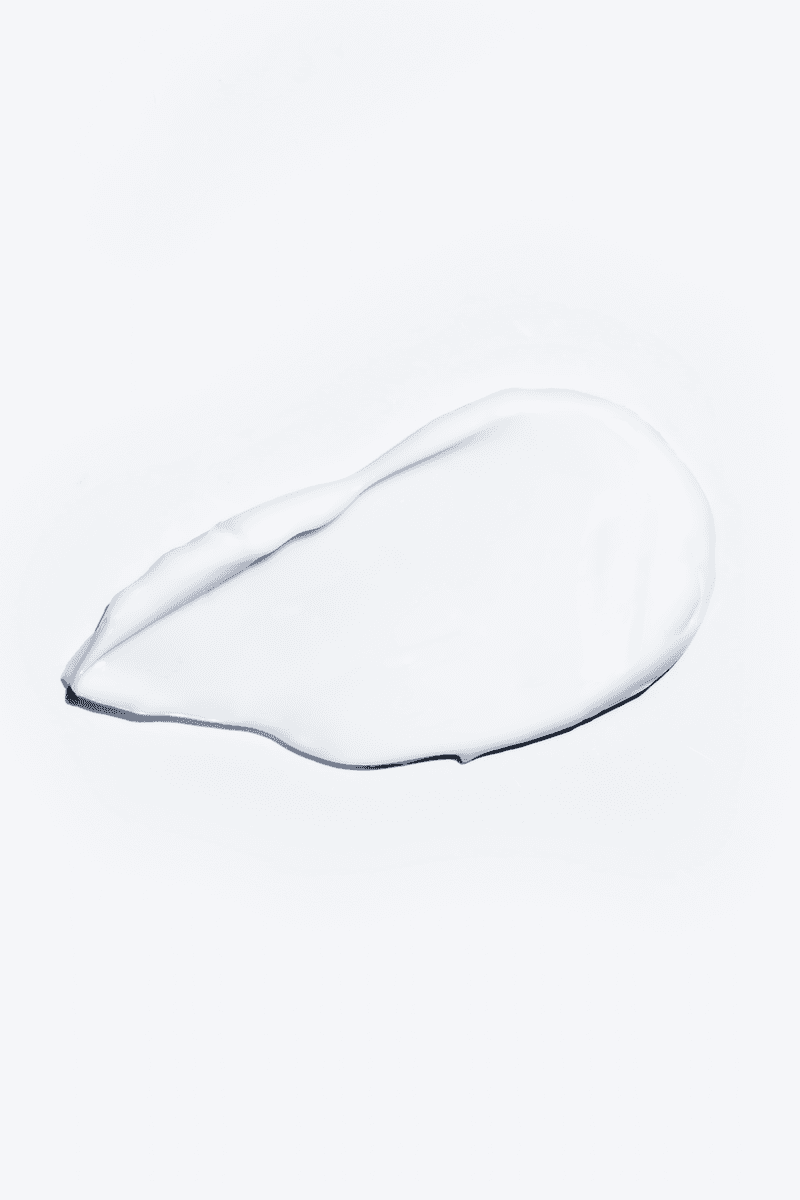Sunscreen: All Your Questions answered

Sunscreen - all your questions answered!
Whether you're considering upgrading your skincare routine or searching for the best sun protection, look no further. Here, you'll find everything you need to know about sunscreen, keeping you well-informed and shielded from the sun's rays.
Plus, discover our very own SunCare and make the most of it!
How sunscreen works?
Most sunscreens out there use two types of filters to block UV rays:
Chemical filters are usually oil-based. They absorb the sun's energy and turn it into heat. You can tell them apart by how they feel—they soak in quickly but leave your skin feeling greasy and sticky.
Physical filters use white pigments to reflect light. They make your skin look white, and they can be tough to spread because they're thick.
We created SunCare that combines these two capabilities - it is easy to put on and gives as effective protection from the sun as possible!
When sunscreen should be applied?
Sunscreen isn't just reserved for beach outings or outdoor adventures. It should be an essential part of your daily routine, offering daily protection.
Just as you apply sunscreen to your face before stepping outside, extend the same level of care to your hands and forearms because not only your face, but also your hands are the ones to give away your age. For example, after a manicure in the summer months, swap out your lotion for SunCare. Apply it generously and gently massage it into your skin, ensuring thorough coverage.
What does SPF mean?
The SPF number tells you how long the sun’s radiation (including some of the UVA) would take to redden your skin when using that product compared to the time without sunscreen. 1 But it just isn't that simple - other factors such as amount of cloud cover, latitude, season and proximity to reflective surfaces like water, sand and snow.
But overall you must remember that SPF 20 ensures 95% protection, while SPF 50 ensures 97% protection. 2
Why sunscreen is important?
Up to 90 percent of the visible skin changes commonly attributed to aging are caused by the sun? 2 Even though the effects of UVB rays fade quickly in the form of tan, UVA rays can cause damage that lasts a long time, causing premature aging and in worst cases - skin cancer! That's why sunscreen is so important—it helps protect your skin from both short-term and long-term harm.
Once the damage is done, there's no way to reverse it, so it's crucial to take care of your skin by using sunscreen that offers full protection regularly.
Will sunscreen stop tanning?
A tan is the body’s natural protective response to UV exposure. Sunscreen aids in shielding against these rays, yet it may not provide complete body protection. Despite regular reapplication throughout the day, it's still possible to develop a tan while using sunscreen. To avoid a tan, it is best to apply sunscreen and cover up with a hat and long clothing. 3
Our SunCare allows you to stay out in the sun longer and protects against UVA rays, which can speed up skin aging, while also reducing the impact of UVB rays that cause sunburn or tan. Here's why it's important:
-
UVB damages the outermost layers of your skin, overexposure is visibly seen as sunburn or later - a tan. With a good protective filter, this reaction occurs minimally. If the SunCare is regularly reapplied, it can significantly reduce the possibility of tanning.
-
UVA damages collagen and elastin cells in skin, leading to premature aging. 4
How SunCare should be applied on hands?
While we recommend using Kinetics SunCare by dispensing a dose the size of your thumbnail for one hand, remember that the key to optimal protection is regular reapplication.
We suggest renewing the layer optimally every 2 hours, especially when exposed to the sun and sweating, even more frequently when swimming.

Can sunscreen be used as moisturiser?
Overall it is advisable to use both a moisturiser and sunscreen as separate steps in your skincare routine as sunscreen's primary focus is to minimize sun damage relying on two types of SPF filters. Here's how it works:
There are physical SPF filters, containing zinc oxide and titanium dioxide (white pigments), that reflect the UV rays. Downside for these formulations is the difficulty of application as the layer is thick and hard to spread out evenly.
On the other hand, there are chemical filters that absorb UV rays but mostly tend to leave an oily layer after application on skin. We use these types of filters in Kinetics SunCare. However, we have created a formula that does not leave a sticky layer, but instead gives a velvety feel to the skin post-application, a unique feature uncommon in sun care products.
Can sunscreen expire?
It's important to note that any sunscreen is an emulsion containing water and oil, which is enjoyed by microbes. Just like any oil on our countertop, the oil in our cosmetic products has an expiration date. Once it passes that date, the oil oxidizes and deteriorates, losing its ability to provide adequate sun protection.
In the case of our SunCare, we have tested the product stability, and the suggested period of use is 1 year after it's been opened.
Does sunscreen wash off?
Water washes sunscreen off just like any cream, and the cooling effect of the water can make you think you're not getting burned. Water also reflects ultraviolet (UV) rays, increasing your exposure. Reapply SunCare every time after being in the water.

Which sunscreens are the best?
When deciding which sunscreen to choose, check the packaging to see if there is a broad-spectrum protection to shield you against both types of UV and be safe in the sun!
Keep this in mind: SPF number indicates the effectiveness of shields protecting your skin from sunburn by UV rays. 5 UVB rays cause sunburn that turns into a tan, but UVA is the one that causes skin damage, wrinkles and even cancer in the long term.







